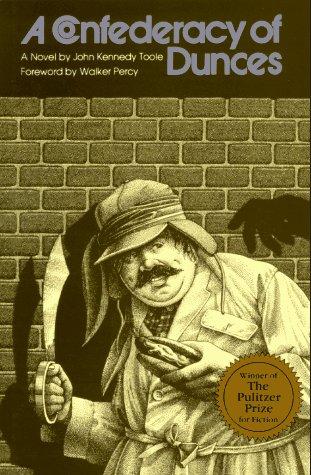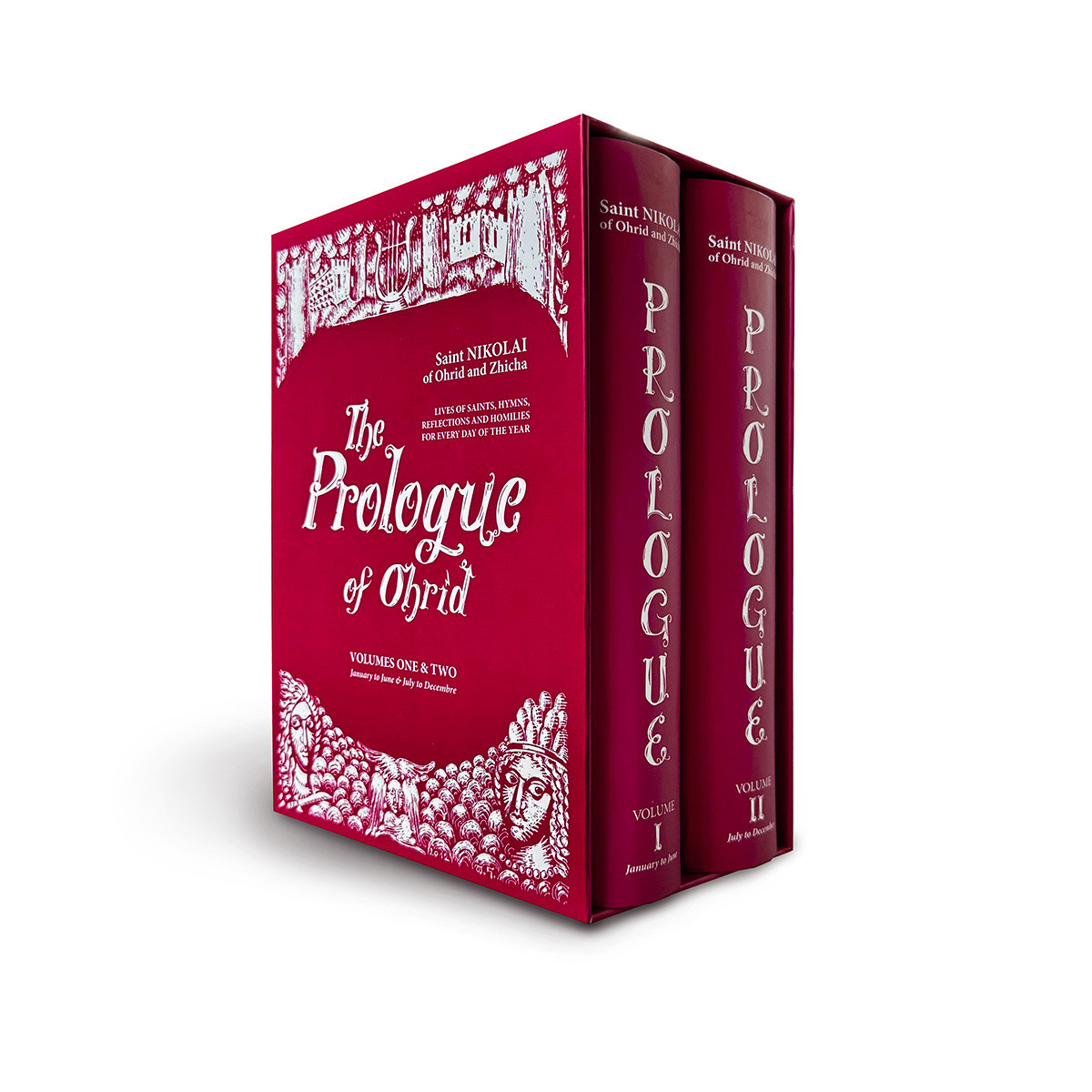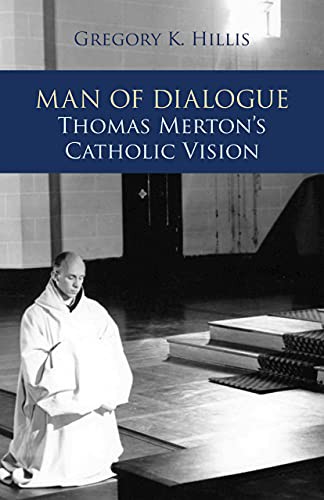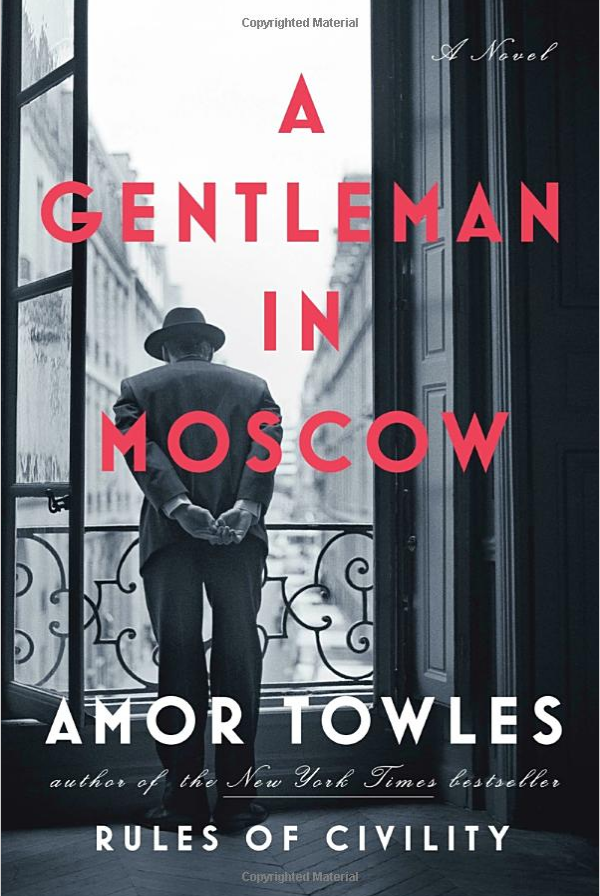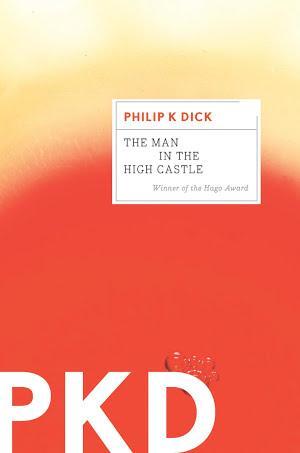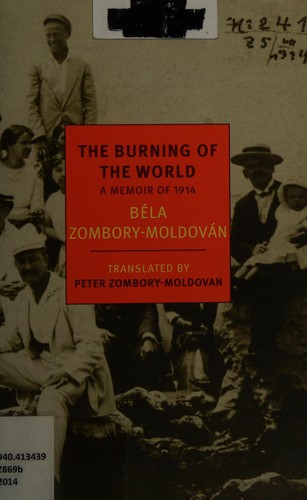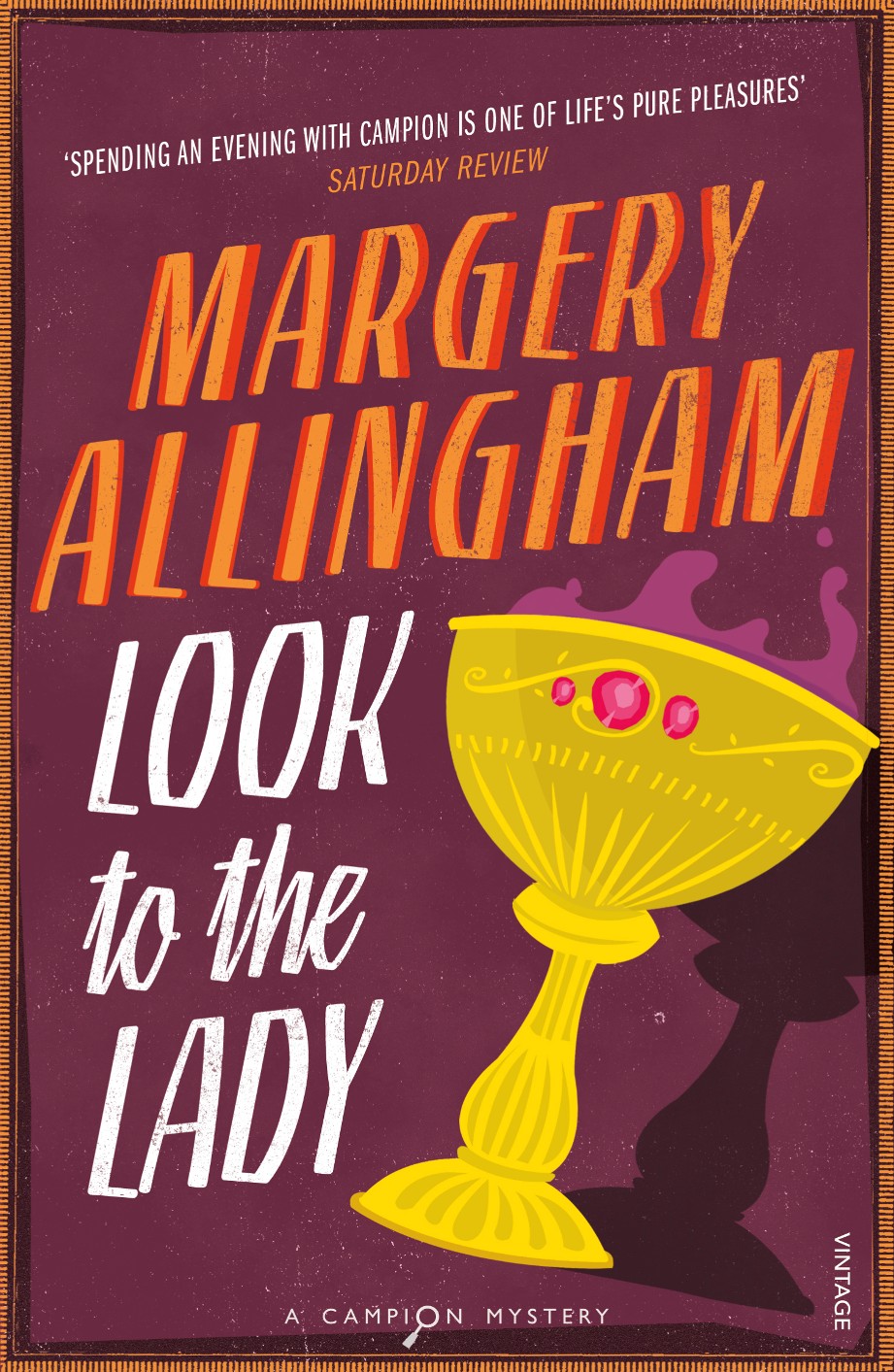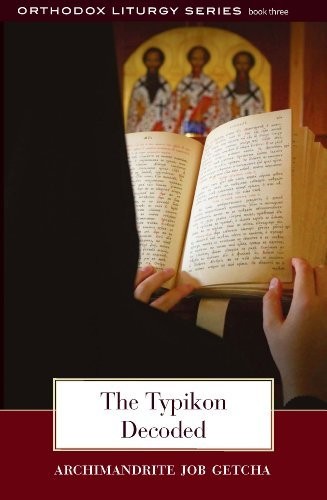Good, but difficult
4 stars
This memoir is very well-written, and the translator’s endnotes are extremely helpful—or at least, helpful to someone like me, with little knowledge of Hungarian geography and even less knowledge of the pre-WWI Hungarian arts scene. I appreciated the narrative and the author’s lack of sugarcoating. But I find it difficult to say that I liked this book. As a veteran myself, I found its anecdotes and themes very affecting in a way which was not always particularly pleasant, calling to mind some of my own experiences.
All in all: worth reading. I will probably reread at some point, but not soon.
This memoir is very well-written, and the translator’s endnotes are extremely helpful—or at least, helpful to someone like me, with little knowledge of Hungarian geography and even less knowledge of the pre-WWI Hungarian arts scene. I appreciated the narrative and the author’s lack of sugarcoating. But I find it difficult to say that I liked this book. As a veteran myself, I found its anecdotes and themes very affecting in a way which was not always particularly pleasant, calling to mind some of my own experiences.
All in all: worth reading. I will probably reread at some point, but not soon.
